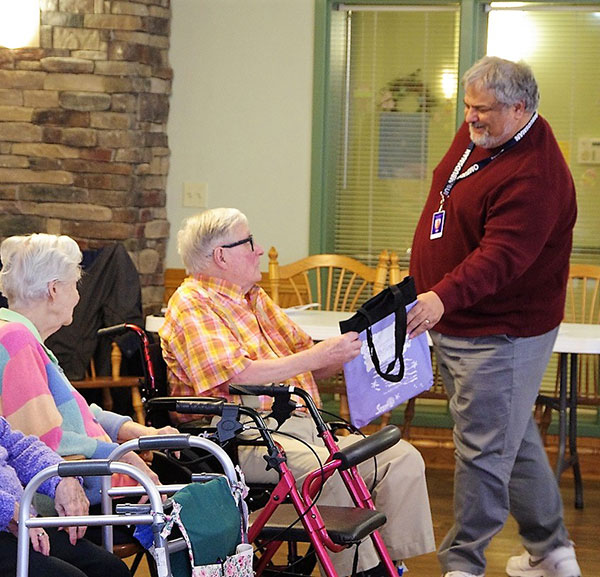Policy & Advocacy

- Works to implement recommendations related to systems advocacy, program effectiveness, training, and data consistency
- Provides Washington, D.C.-based public policy consultation
- Provides long-term care ombudsman policy consultation to members
- Develops positions regarding the Older Americans Act and other laws that impact long-term care, the interests of residents, and the long-term care ombudsman program
- Testifies before Congress and comments on critical issues for long-term care residents
- Participates in workgroups on issues such as assisted living, guardianship, elder abuse, ombudsmen as advocates, quality measurement, and White House conferences
- Advocates for policies that serve the interests of long-term care residents
- Keeps membership informed of critical policy issues
Standards of Practice
NASOP has developed standards of practice to raise the quality of the Long-Term Care Ombudsman Program nationwide. The Standards of Practice for NASOP are aspirational standards based upon the requirements of the Older Americans Act and multiple resource documents that interpret, clarify, and set forth the positions of NASOP. The standards serve as a resource for State Ombudsmen as they advance their own programs.
To Support the Older Americans Act Reauthorization
- OAA Reauthorization Support – NASOP
- S. 192 OAA letter of support from NASOP to House
- NASOP Testimony in Support of Reauthorization of OAA to Congress 051519
- 10/26/2019 NASOP Thanks Speaker of the House Nancy Pelosi and House leadership for support of H.R.4334, the Dignity in Aging Act of 2019.
10/28/2019 U.S. House of Representatives passed H.R. 4334, the Dignity in Aging Act of 2019. The House version of the Older Americans Act reauthorization can be found here at: https://docs.house.gov/billsthisweek/20191028/BILLS-116hr4334-SUS.pdf
The bill includes increased LTCOP authorizations for the appropriations of about 6 percent per year; language to help ensure that new funding is not supplanted by reducing local, state, or other funding sources; updated fiscal years from 2000 to 2019 for funding allotments; and codifying that ombudsman programs may use funds on the costs of using volunteers.
![National Association of State Long-Term Care Ombudsman Programs [logo]](https://www.nasop.org/wp-content/uploads/sites/308/2018/12/logo-header.png)